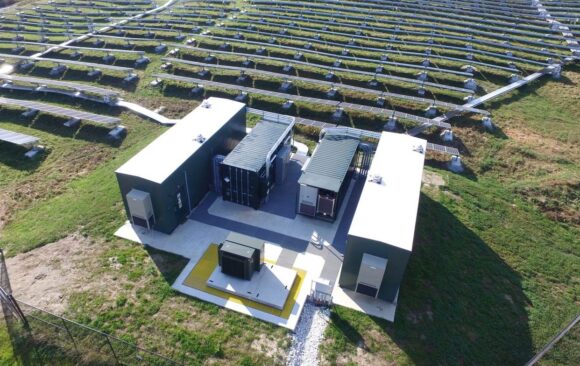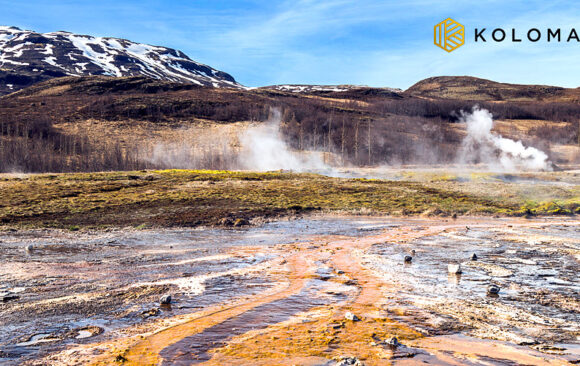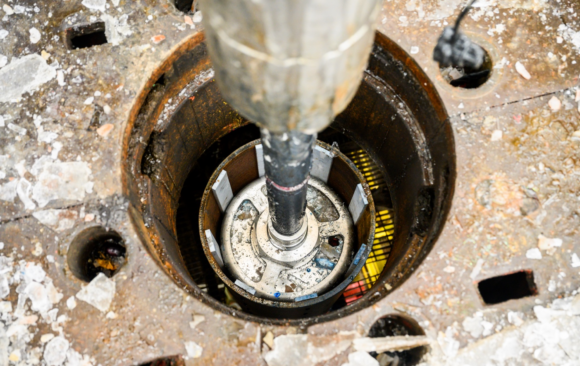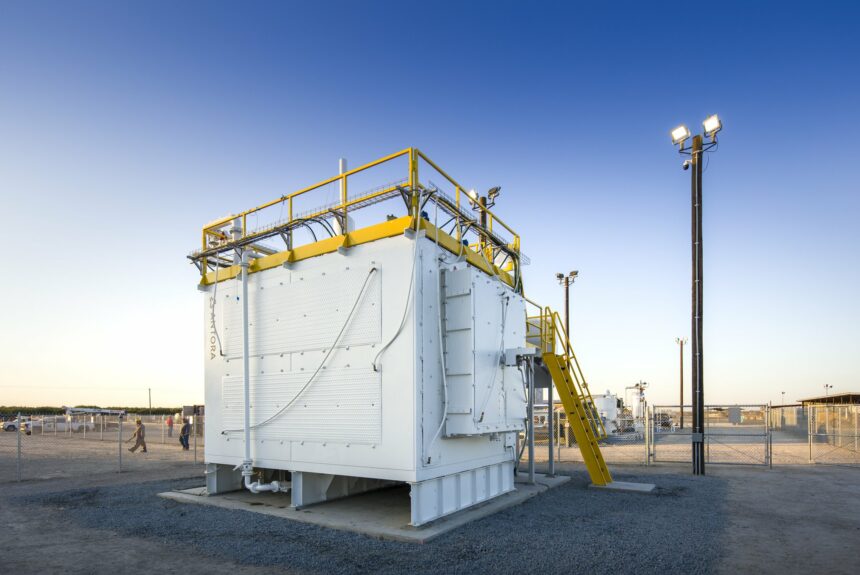This week business leaders, entrepreneurs, and policymakers will touch down in Dallas, Texas for the annual ARPA-E Energy Innovation Summit. The conference showcases the best and brightest talent addressing America’s energy and environmental challenges. The Advanced Research Project Agency-Energy (ARPA-E) competitively funds high-risk, high-reward projects. Since 2009 it has provided $3.76 billion in R&D funding to more than 1,500 projects which has yielded $12.1 billion in private sector funding for 230 projects.
Here are three ARPA-E-supported companies creating innovative solutions to solve some of the nation’s most pressing energy challenges.
Antora

Antora is a Silicon Valley startup that is addressing the greenhouse gas footprint of heavy industry and manufacturing. The company has created fully modular thermal batteries that can be quickly and seamlessly deployed at industrial facilities. Antora’s batteries, which are made up of large carbon bricks, store energy that is generated by nearby renewable sources. Using the same process as a toaster, these carbon bricks heat up to temperatures of more than 2,000° C before releasing the energy back into industrial operations as either power or heat, depending on what is needed.
>>>READ: House Science Committee Explores Ways to Improve ARPA-E
Antora claims that its batteries can store energy from renewable sources for days on end and at a scale that large operations demand. And, according to the company, these large batteries do not face the same supply chain constraints or thermal runway challenges that lithium-ion batteries experience. In 2023 Antora launched a pilot project in Fresno with the goal of delivering power to industrial customers by 2025 and will open a facility in the Bay Area later this year.
In 2019 ARPA-E awarded Antora $7.9 million through 2026, and the company has received backing from NextEra Energy and Bill Gates’s Breakthrough Energy Ventures. If successful, this ARPA-E project could improve Antora’s battery efficiency and reduce the cost of grid-scale energy storage.
Koloma

Clean hydrogen has the potential to reduce emissions in hard-to-abate sectors like chemical processing and transportation. While promising, it is expensive to produce non-emitting carbon, which is predominantly made with renewable energy through electrolysis. To circumvent this challenge, developers are going underground to tap into abundant and clean hydrogen, naturally produced by chemical reactions between minerals in the earth’s crust and water percolating down from the surface.
Koloma is one startup that is hoping to lead the underground hydrogen revolution. In 2023 the company raised over $245 million to harness this fuel carrier. Koloma’s comparative advantage is its breadth of academia and its understanding of the lay of the land; its Chief Technology Officer and co-founder, Ohio State University geologist Tom Darrah, has spent years researching, locating, and recording underground pockets of hydrogen gas.
Last year Koloma was awarded funding from ARPA-E (amount to be determined). Breakthroughs in this area of research might reveal the feasibility of geologic hydrogen extraction. With a new research lab in Ohio and robust private sector support, Koloma is poised to lead the way in commercializing underground hydrogen.
Deep Isolation

Nuclear power is safe, clean, and efficient. Despite this, the energy source has been stifled in several states because the U.S. does not have an effective strategy to handle spent nuclear fuel and waste. While solutions exist today and the problem is almost entirely government-imposed, innovators are putting forth new technologies and disposal methods to alleviate public concern and reduce costs associated with spent fuel management. One such company is Deep Isolation.
>>>READ: U.S. Inability To Address Nuclear Waste Harms Environmental Progress
Deep Isolation buries spent nuclear fuel and waste using directional drilling to isolate these materials in underground deep boreholes in suitable rock formations. According to the company, one of its borehole disposal zones, which is less than a mile long, can store six and 10 years of waste from Boiling Water Reactors and Pressurized Water Reactors, respectively. Importantly, Deep Isolation sites its boreholes far below aquifers and at a depth “in which water has had no contact with the surface for a million years or more.”
The company has partnered with the British government to help the U.K. address its spent fuel needs. Earlier this year Deep Isolation delivered its first full-size prototype canister. Next it will subject the canister to field testing at the Deep Borehole Demonstration Center in Phoenix, Arizona. ARPA-E has also awarded Deep Isolation $3.6 million to further develop its borehole canisters.
Public-private partnerships like those conducted by ARPA-E can help advance groundbreaking technologies that the private sector may not undertake. These can be pivotal to cost-effectively scaling clean energy, meeting future energy demands, and reducing global emissions. While these three companies are impressive, they represent only a small fraction of the work that the private sector and ARPA-E are doing to accelerate energy innovation.
The views and opinions expressed are those of the author’s and do not necessarily reflect the official policy or position of C3.
